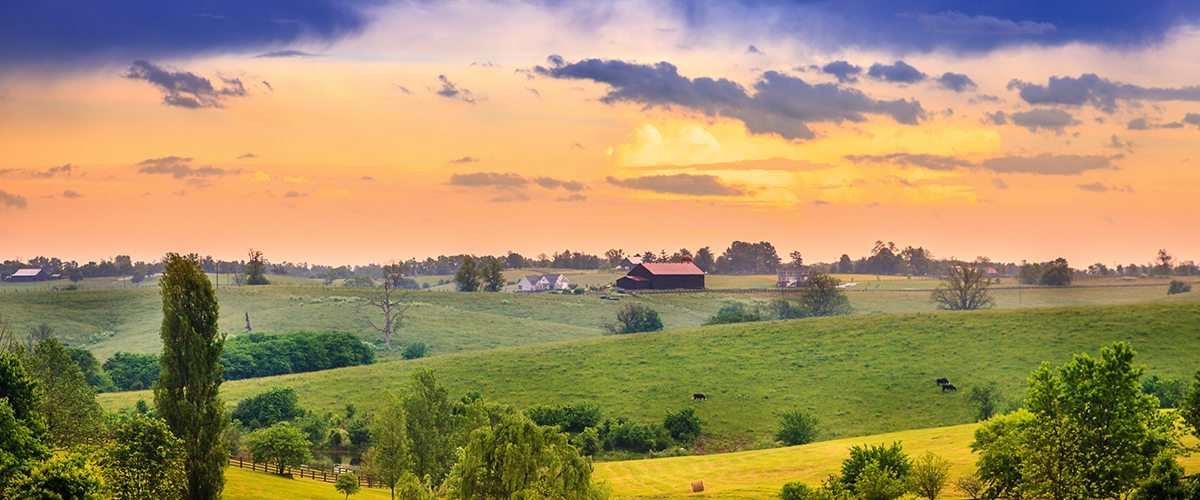According to the volume of hemp farming authorized by Kentucky’s Department of Agriculture this year, the state is expected to see an enormous jump in production during its third year of participating in the pilot industrial hemp project. Focus for the state will continue to be on production research but will expand to include how the state can best turn hemp into marketable products. Kentucky’s agricultural hemp production will see a significant increase for the third year in a row, says Kentucky-based NBC news affiliate LEX18.com. This year, Kentucky’s Department of Agriculture authorized the planting of nearly 4,500 acres of hemp, a five-fold jump up from last year’s authorized total of 900 acres. “As long as it is grown and cultivated as part of a pilot program, it can be transported, processed and sold across state lines,” said Jonathan Miller, a spokesman for the Kentucky Industrial Hemp Council. “Each year, the Kentucky projects are getting bigger, more elaborate and more successful.” Kentucky was one of the first states to participate in the pilot agricultural hemp project following the passing of the 2014 Federal Farm Bill, which allows universities and state departments of agriculture to cultivate hemp for research purposes when done under an agricultural pilot program or at an academic institution. Kentucky has been at the forefront of the resurgence of hemp, as the state hopes it leads to the crop returning as a commercial agent for producing fiber, feed, and pharmaceutical products. When the experimental projects began in 2014, Kentucky grew a total of just 33 acres of commercial hemp. This year, 144 farmers and 10 universities throughout Kentucky will participate in pilot research projects, planting up to 4,500 acres of hemp crop. Local farmers are hopeful with the expansion of the pilot program. “That shows the potential, that shows the interest, that shows the investment,” said Kentucky farmer Michael Lewis. “I think we’re getting there. We still have a lot of processing hurdles to overcome. But that’s the same with any new industry. I’m feeling good about it.” Hemp was once a thriving crop in Kentucky. It was used to produce rope, clothing, mulch, cooking oil, milk, soap, lotions, building materials and biofuels. It was the first legal hemp crop in generations. It wasn’t until the 1970s that cultivation became illegal following the passing of the Controlled Substance Act. “Hemp is a bridge from Kentucky’s past to our future,” said Ray Quarles, the state’s recently elected agriculture commissioner. Quarles reinforces the new avenues hemp provides, saying, “The Kentucky Department of Agriculture and our partners are committed to building upon the solid foundation of research for a Kentucky hemp industry that will create jobs and new marketing opportunities.” “The list is almost unlimited, including bathtubs, furniture and much more,” said University of Kentucky hemp researcher David Williams. “If those industries move toward replacement of synthetic fibers with natural fibers, hemp could contribute to that significantly.” As concern over global waste and dwindling resources grows, commercial hemp becomes a boon to these industries. As of today, 28 states have adopted industrial hemp legislation. In 2015, hemp was removed from the controlled substances list, as long as it contained no more than 0.3 percent THC, thanks to the passing of the bipartisan-supported Industrial Hemp Farming Act, opening the door for commercial hemp cultivation to replace less environmentally responsible processes.]]>
oklahoma voters will get decide medical marijuana june
January 4, 2018 By: Kim Nunley A statewide ballot measure to legalize the use,...






